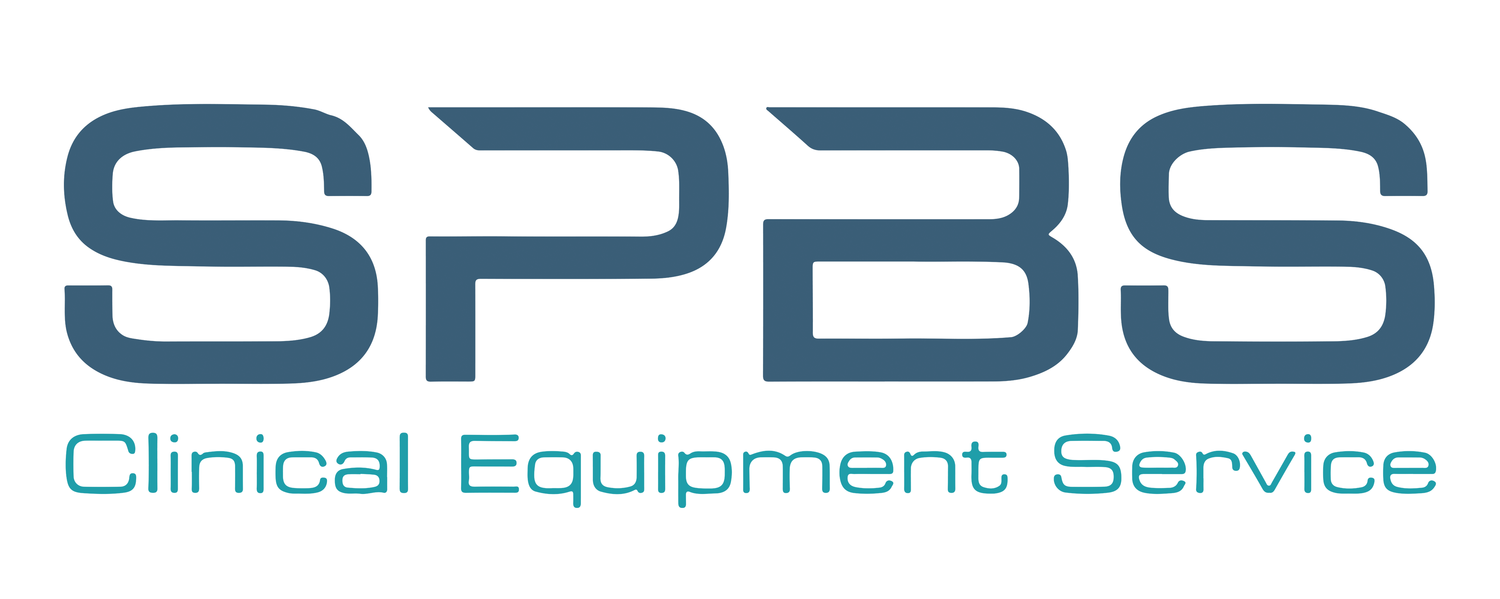Often, the contract review and approval process is overwhelming. This results in many important questions that are seemingly unimportant getting left out. Once the contract is signed, sealed, and delivered, the questions resurface, and disappointing answers may follow. Time and again we’ve heard stories from medical administrators locked into a contract that starts with “If I had known ________ before signing the agreement, I would have looked for a different provider…”.
The best thing you can do for your medical facility is to ask as many questions as you can BEFORE you sign anything. We’ve compiled 4 questions to ask before you sign and a little about why they are so important.
1. How long have you been in business and how many employees do you have?
Seems like a silly question, and one you could possibly locate on their website. However, these two questions will offer you valuable insight to what level of service turnaround you should expect. Long established companies have, or should have, a track record of customers, experience with your needs, and the ability to answer “out-of-the-box” questions. The number of employees on staff will let you know if the organization is just “two men and a truck” or a well-equipped, well-trained, qualified team that can cut down response time.
2. We have a rather diverse inventory, are your technicians trained/certified to work on specialty equipment?
Anything other than a YES to this question, along with specific details, should be a Red Flag to you. The last thing that any medical facility should worry about is if the service provider on their medical equipment is sending out an unqualified person to essentially use duct tape and a paperclip to get the job done. You should be looking for biomedical technicians that are trained and/or certified to work on specialty equipment and have the proper tools and testing equipment to do so.
3. What is the average downtime for routine preventative maintenance?
Companies that are servicing medical and clinical equipment should have an average of routine procedure time. This will help prepare your doctors and nursing staff with any downtime they should expect in the ability to provide timely patient care. In the event of major breakdowns and subsequent repairs, it should be a clear understanding that each event will be assessed individually and an estimated timeline to be provided accordingly. The idea is to eliminate as many surprises as possible for your facility’s staff.
4. We expect our practice to grow, quickly and exponentially, how often can we update our inventory outside of anticipated renewal timelines?
Growing medical facilities are not uncommon, and as such, the inventory of clinical equipment in need of preventative maintenance and repairs should grow accordingly. You should find out what your service provider can and will be flexible with when you need to increase your service needs. Can they add in your additional inventory ad hoc via addendum or will a new contract need to be signed each time? Does your contract provide a time and materials clause for situations such as this? You should also beware of your provider’s contract terms that are stiff and will leave you “out in the cold” for equipment not already under their current coverage terms.
These four questions are intended as a guide for your medical facility to discuss with your Clinical Equipment Service Provider before you sign any contracts. If you are still in the process of deciding whether you should hire an outside service provider, DOWNLOAD our free e-book and use the guide to determine if an ISO is right for your facility.

